This Poncha da Madeira recipe has its roots in the fishermen of the seafaring village of Câmara de Lobos, the ones who actually created this iconic drink from Madeira Island. The Poncha (the local abbreviation) was drunk by the fishermen before they went fishing as a prophylactic against the flu and other sicknesses. By putting together, all the ingredients know when (late 18th century) to be effective against the common cold: alcohol, honey and lemon, they ended up creating Madeira’s signature drink. A drink that is still used by locals to prevent and treat colds and flues.
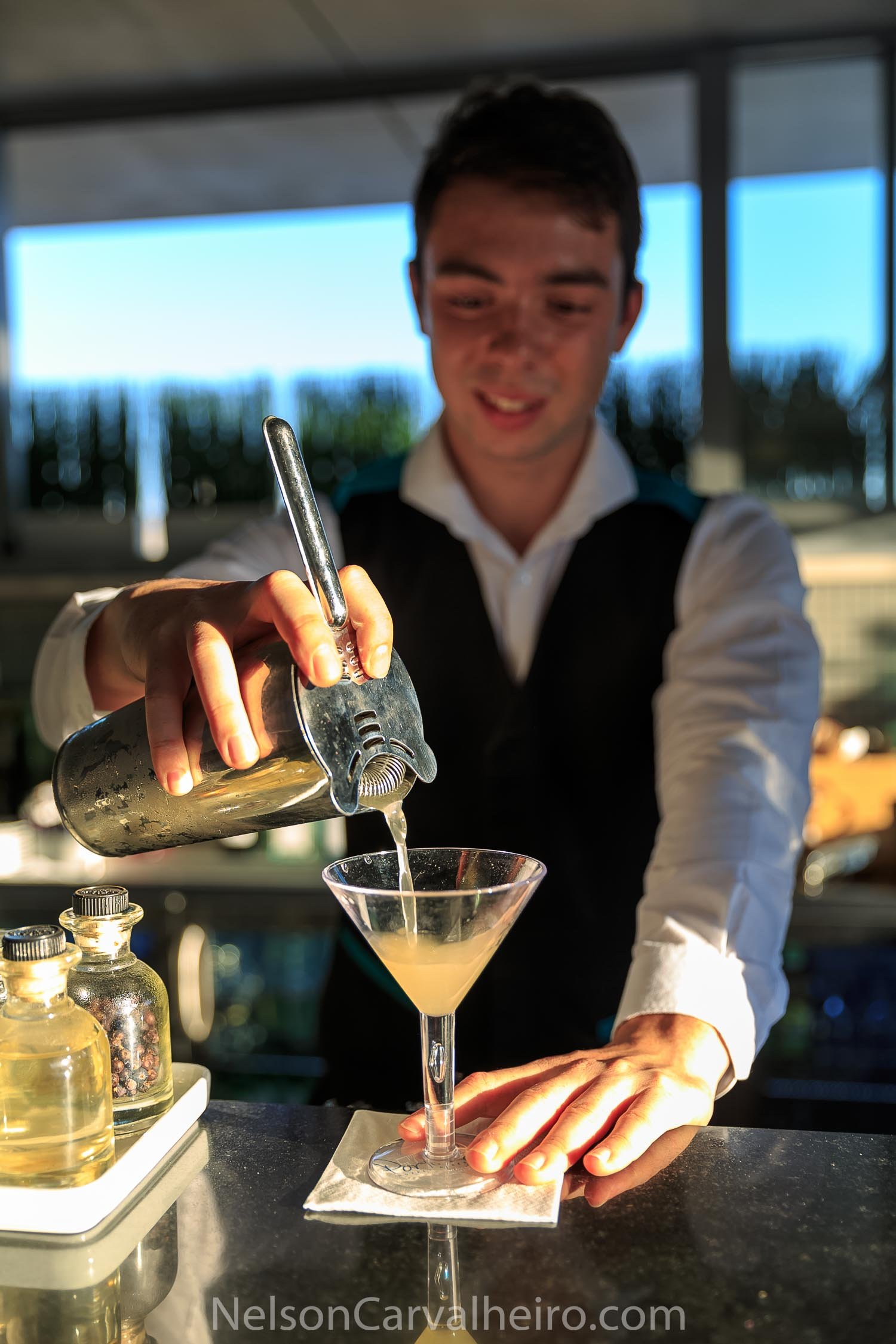
History of Poncha da Madeira
It is popular belief that the idea for the creation of Poncha da Madeira was brought from India by the English influence in Madeira. The word in Panch has its origins in Hindi as a synonym for a drink that used alcohol, sugar, lemon, water, and tea or spices. The British brought this drink to the Portuguese archipelago during the 18th century. Times were hard and the fishermen who did not venture out into the ocean because they were sick would have little chances of surviving. It is amazing that until the introduction of the “sweet” variety of oranges by the Moors, citrus fruits were only consumed for medicinal purposes. very much like the Indians do with turmeric and other spices. The culture before was that we medicate ourselves through our food. And this was especially the purpose for the creation of the Poncha da Madeira from the Indian predecessor.
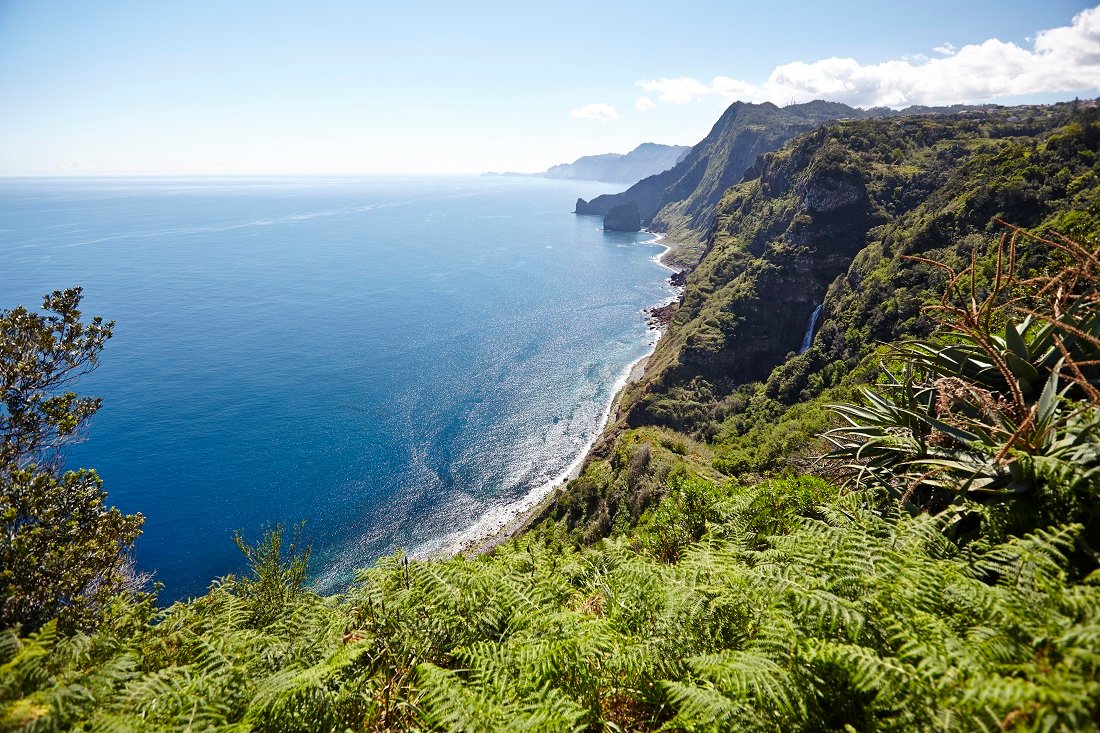
This is another example of the Portuguese influences from the world being used for gastronomic purposes. Poncha made with Aguardente de Cana (distilled alcohol made from sugar cane juice), honey, sugar, lemon rind and with different fruit juices according to the version of Poncha, but traditionally lemon juice is used. The use of sugar cane products (refined sugar and sugar cane rum) became a new world phenomenon after the Discovery of Brazil. The sugar cane rum replaced grape must brandy in spirits used for culinary purposes. Most importantly, the main ingredient in the confection of sweets and desserts became refined sugar instead of honey. They would last much longer and the recipes were much more versatile with sugar, because of its ability to produce the several candy stages.
It is also popular belief that the Brazilian Caipirinha is based on Poncha.
Traditional Poncha da Madeira Recipe
This traditional Poncha da Madeira was provided by Porto Bay Hotels and is served exactly like this in all their properties. I tried mine when I stayed at the Porto Bay Liberdade Hotel. There are also passion fruit and tangerine versions of this recipe. Just replace the orange on the end.

Poncha da Madeira ingredients (serves 2)
4cl of Sugar Cane Rum from Madeira (I recommend Engenho Novo from Madeira)
2 cl lemon juice.
2 to 3 cl of honey
1cl of orange juice
ice cubes (optional)
Poncha da Madeira preparation
Mix the sugar cane rum, the lemon juice and the honey in a small glass just. Stir using a type of muddler created in Madeira specifically for this purpose called Caralhinho (little cock) until you have a homogeneous drink. Pour the orange juice in the end to mellow out the flavours.
If you are serving the drink up in a cocktail fashion, you can prepare a Sugar ring for the rim of the glass. Pass a lemon half on the edge of the glass and then put the wet edge on a saucer with sugar.
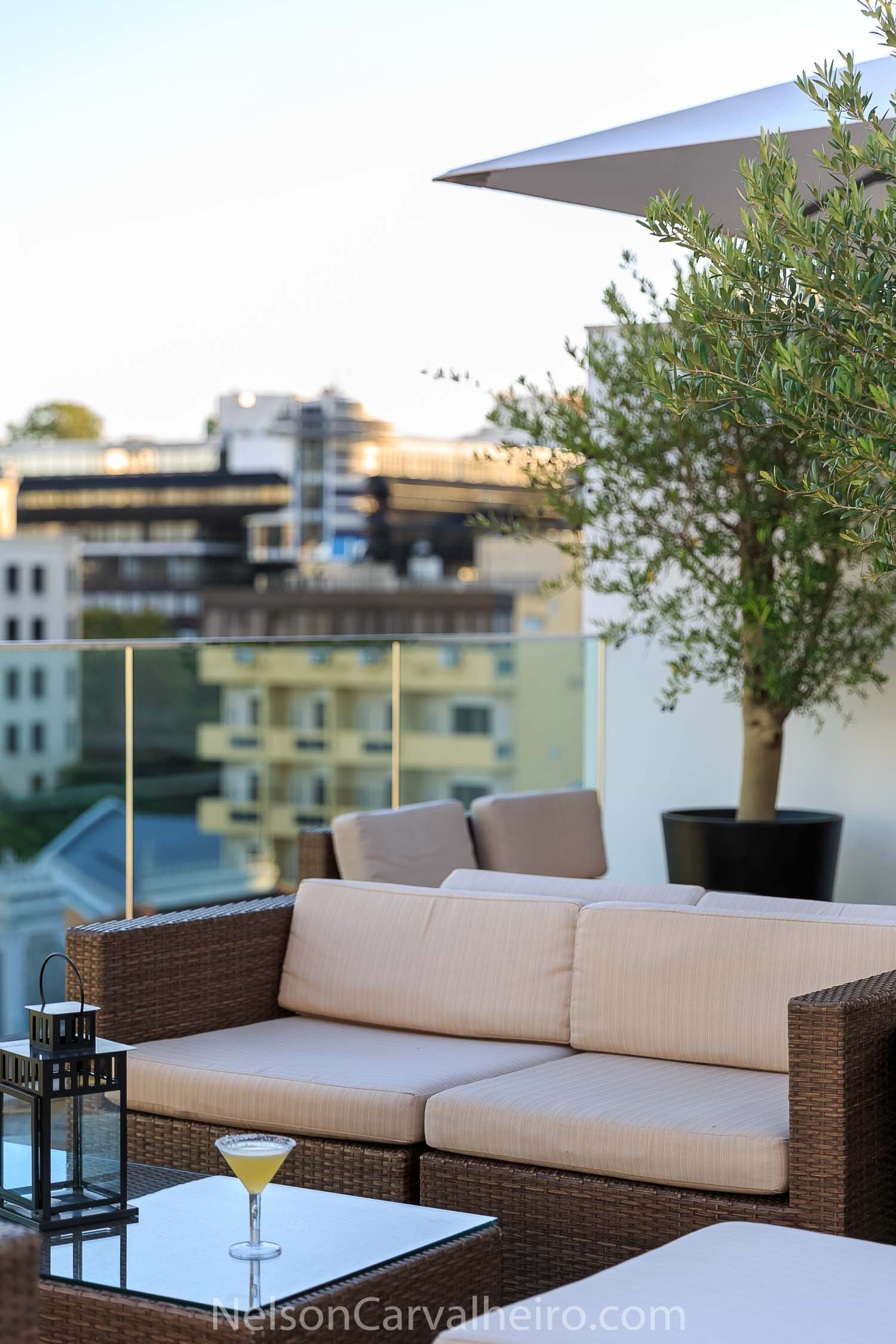
Disclaimer:
The Poncha da Madeira Recipe post is a part of my ongoing collaboration with the Porto Bay Hotel Group. All Opinions are my own.
6 Comments
Add comment Cancel reply
This site uses Akismet to reduce spam. Learn how your comment data is processed.

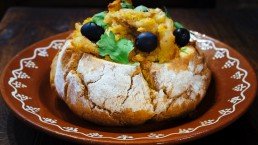

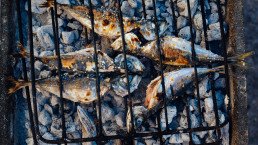

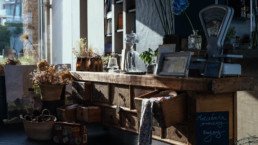
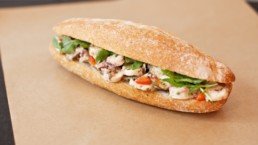
Estudos sugerem que ainda antes do Século XVIII, mais precisamente no Século XVI, os navegadores que atravessavam o Atlantico e no caminho para a India, faziam uma calda com o limão, para que este aguentasse a viagem sem se estragar, a fim de ser consumido para evitarem doenças como o escorbuto (deficiencia em vitamina C), usando o melaço da cana e o açucar. Mais, a aguardente de cana é RUM, pois os processos de fabrico e produtos usados são os mesmos. Deveria saber que Brandy é um produto decorrente da destilação do vinho, logo, nada tem a ver com a cana de açucar. Não invente, informe-se!
[…] der Poncha aus frisch gepresstem Zitronen- oder Orangensaft, Honig und Zuckerrohrschnaps. Die einzelnen Zutaten werden nacheinander mit einem aus Holz geschnitzten Quirl, dem „caralhinho“ so lange […]
[…] explore walking around the town. I sat with the couples and enjoyed some roasted chestnuts and Poncha (traditional Madeira alcoholic drink). In the afternoon, I went for a boat dive in Garajau, which […]
[…] of the approximately 5-mile walk, our group stops to rest on a shaded restaurant patio to enjoy a poncha, the traditional drink of Madiera made with rum, honey and […]
[…] explore walking around the town. I sat with the couples and enjoyed some roasted chestnuts and Poncha (traditional Madeira alcoholic drink). In the afternoon, I went for a boat dive in Garajau, which […]
[…] of the approximately 5-mile walk, our group stops to rest on a shaded restaurant patio to enjoy a poncha, the traditional drink of Madiera made with rum, honey and […]